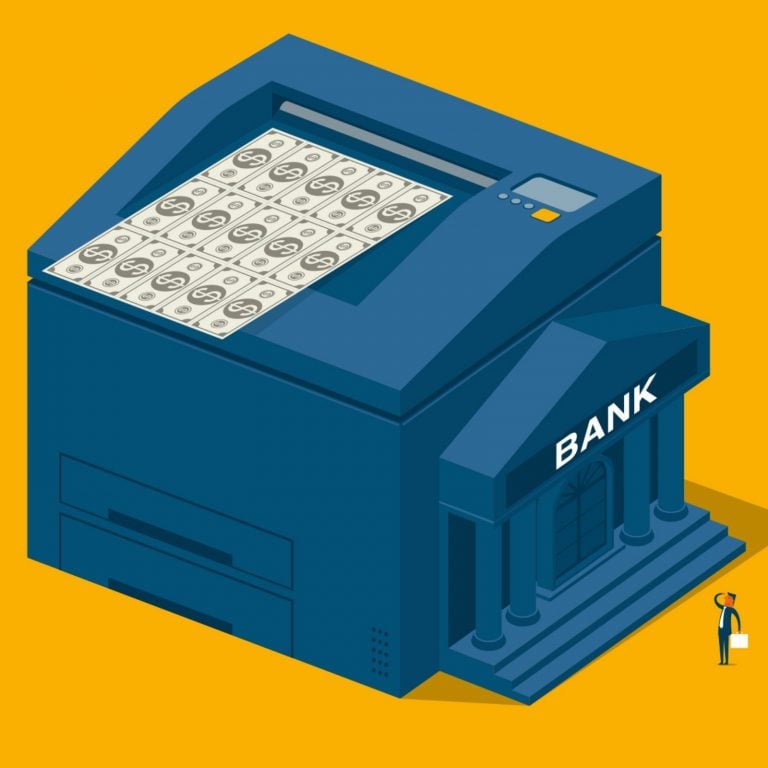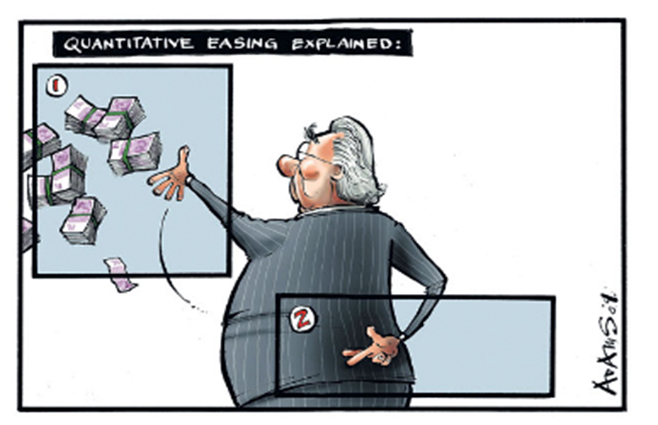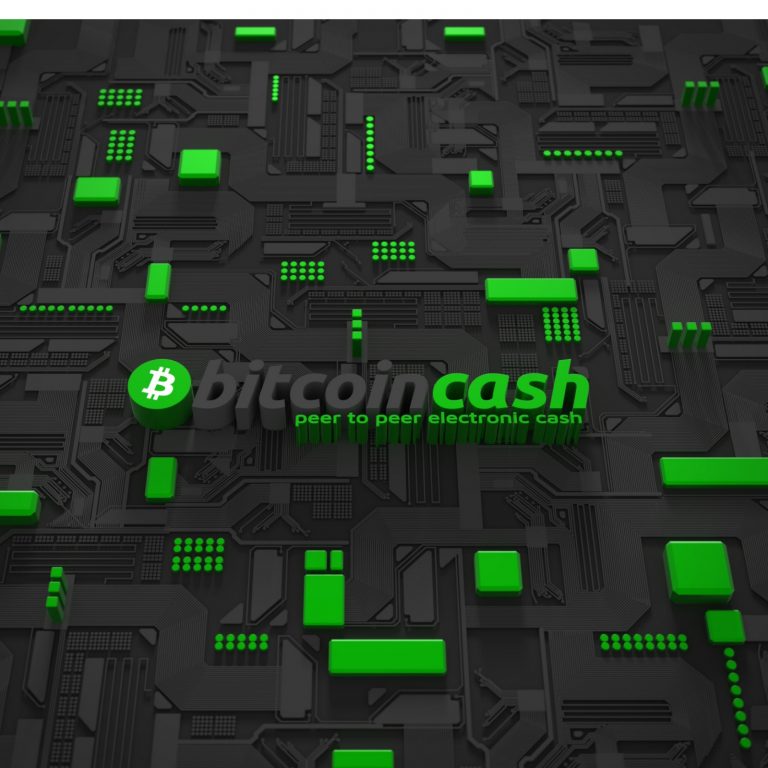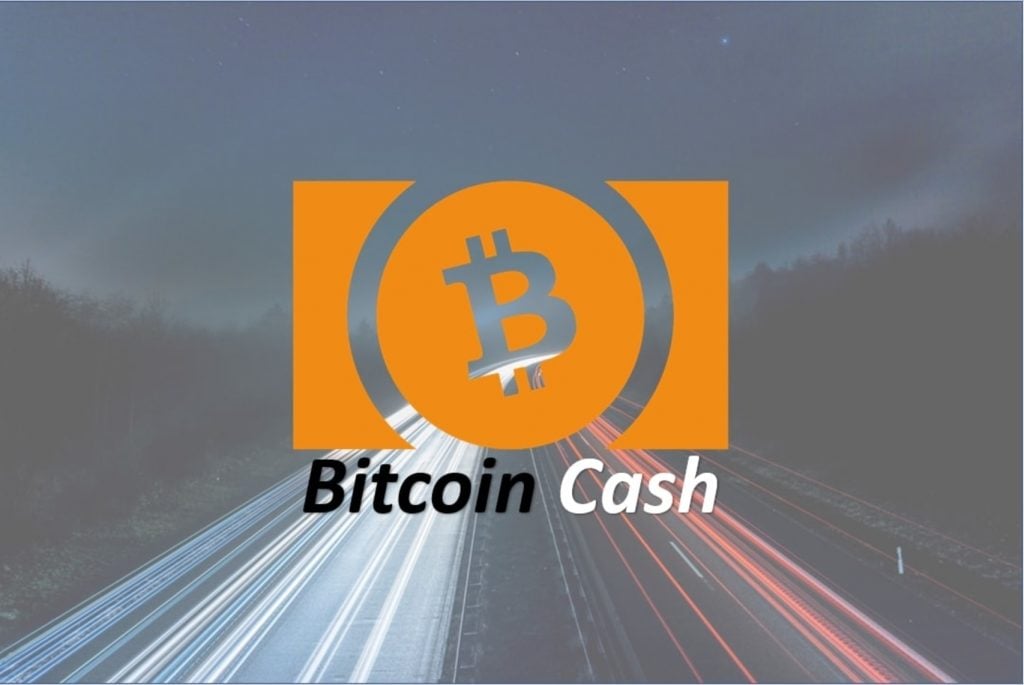
Last month, news.Bitcoin.com examined the problem of quantitative easing (QE) and its impact on the U.S., and how such policies have spread to the rest of the world. This month, we continue to drill down on the phenomenon of governments printing trillions of dollars worth of fiat currency simply by pressing buttons on their computers. Value has been stolen from average people, flowing upward to the extremely rich. Now two of the world’s most important economies, Europe and Japan, appear to be considering a break from a policy habit that has proven to be particularly addictive for politicians and banks.
Also read: Tired of Bank Bailouts and Hyperinflation? Bitcoin Offers Something Different
Europe to Break the QE Habit
According to the European Central Bank (ECB), “Monthly net purchases of public and private sector securities currently amount to €30 billion on average. On June 14, 2018, the Governing Council stated that it ‘anticipates that, after September 2018, subject to incoming data confirming the Governing Council’s medium-term inflation outlook, the monthly pace of the net asset purchases will be reduced to €15 billion until the end of December 2018 and that net purchases will then end.’”

The carnage wreaked by such influxes of capital are numerous. After following the Americans to Southwest Asia, bouncing rubble throughout two decades of war, the resulting wave of migrants seeking relief ended up at Europe’s own doorstep. Such policies have pushed real estate valuations to unprecedented levels, and the continent’s inhabitants seem more dependent upon government largess than ever before. If the previous century is any guide, economic frailty combined with social upheaval does not usually end well in Europe.
The ECB continues to detail the massive amounts of public wealth that are routinely stolen, which it describes as “purchases.” What it is actually doing is printing new debt money out of thin air, in the billions. Every month. How the public can accept this is a mystery, but the explanation is probably simply that few people understand the havoc these “purchases” afflict on regular citizens.
The previous “monthly purchases were conducted at average paces of: €60 billion from March 2015 until March 2016; €80 billion from April 2016 until March 2017; €60 billion from April 2017 to December 2017.” Such numbers are difficult to put into perspective. The term “massive” hardly seems to do them justice.
Japan Will Struggle to Sober Up
“At BOJ policy meetings,” Wolf Richter wrote in a recent post for Wolf Street, “concerns have been voiced over the ‘sustainability’ of the stimulus program, according to the minutes of the July meeting, released on Sept. 25. So the BOJ staff ‘proposed measures to enhance the sustainability of the current monetary easing while taking into consideration, for example, their effects on financial markets.’”

The BOJ has stressed a kind of “flexibility” going forward so that it can “continue to buy Japanese government bonds (JGBs) in ‘a flexible manner’ so that its holdings would increase by about 80 trillion yen a year,” Richter explains. “But this is precisely what has not been happening, in line with this ‘flexibility.’ Over the past 12 months, the BOJ’s holdings of JGBs rose by ‘only’ 26.2 trillion yen — not 80 trillion yen. And they declined in September from the prior month.”
Japan will have a very difficult problem sobering up, however. Literally 100% of its GDP is comprised of assets on the BOJ’s balance sheet, some 540 trillion yen worth. At its worst, the egregious U.S. hogged a quarter of its own GDP. “Japan, by far the most over-indebted country in the world in relationship to its economy, has decided that there will be no debt crisis. A debt crisis would force Japan to brutally cut its budget for social services and raise taxes by large amounts to make ends meet.” It might be simply too late for Japan.

The Answer Waiting to be Discovered
Quantitative easing and similar policies have effectively driven cypherpunks toward a new form of money. They wished to usurp gold, the ancient metal so corrupted by modern central banks it had become a major liability, and one easily confiscated should the worst happen. Yet hard money, as it is known, had some lessons: relative scarcity, divisible, sourced independent of governments. Bitcoin was the answer, of course, to the sound money paradox as it related to gold and the age-old problem of those in power with too much control.
It is probably overly hopeful to assume immediate massive adoption throughout Europe and Japan will take place in the wake of wealth grabs such as QE, but the evidence is there insofar as government control of money is concerned: Currency is too important to leave to politicians and banks, and is best left to the individual.
What are your thoughts on quantitative easing? Let us know in the comments below.
Images courtesy of Shutterstock.
At Bitcoin.com there’s a bunch of free helpful services. For instance, have you seen our Tools page? You can even look up the exchange rate for a transaction in the past. Or calculate the value of your current holdings. Or create a paper wallet. And much more.
Op-Ed disclaimer: The opinions expressed in this article are the author’s own. Bitcoin.com does not endorse nor support views, opinions or conclusions drawn in this post. Bitcoin.com is not responsible for or liable for any content, accuracy or quality within the Op-ed article. Readers should do their own due diligence before taking any actions related to the content. Bitcoin.com is not responsible, directly or indirectly, for any damage or loss caused or alleged to be caused by or in connection with the use of or reliance on any information in this Op-ed article.
The post Europe, Japan and the ‘Drug’ of Quantitative Easing appeared first on Bitcoin News.
from Bitcoin News https://ift.tt/2ysxbUj Europe, Japan and the ‘Drug’ of Quantitative Easing




